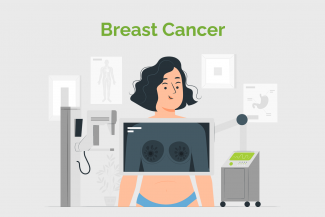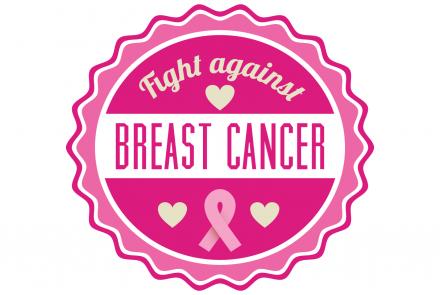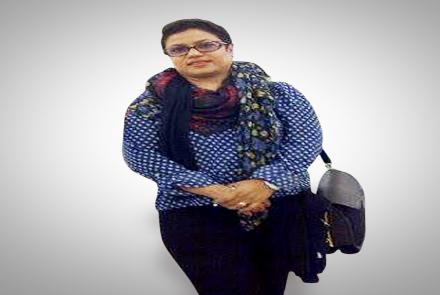Breast cancer is the most common cancer among women. Globally, breast cancer accounts for 23-24 per cent of all cancers in women. Most women develop breast cancer over the age of 40. In all new breast cancer cases, 5-7 per cent are young women between the ages of 20-39.
It can occur in men, but these cases are very rare.

Can breast cancer be prevented?
The chance of developing breast cancer depends on genes, environment and lifestyle. Factors that increase one's chances are called risk factors, while those that decrease one's chances are termed protective factors. Here are some dos to improve your protective factors and don’ts to avoid risk factors:
- Risk factors
- Being overweight or obese
- Smoking
- Excessive alcohol intake
- Aging
- Peronal history of benign or malignant breat cancer
- Family history of breast cancer
- Dense breast tissue
- Continual and prolonged estrogen production by the body
- Taking hormone therapy for menopause
- Radiation exposure
- Protective factors
- Less exposure to estrogen by ensuring early pregnancy and breast-feeding longer.
- Maintaining a healthy weight and active lifestyle
- Using estrogen hormone therapy post-hysterectomy, and taking selective estrogen receptor modulators or aromatase inhibitors.
- Going for regular breast cancer screening mammograms. An annual mammogram is recommended for women over 40. For women aged 20-39, screening mammograms are not really helpful because of dense breast tissue. For this group of women, clinical breast examination by a doctor every two to three years is advised.
- Women at high risk (family history, inherited abnormal genes) should get more frequent mammograms and be screened earlier.
- Prophylactic mastectomy and ovarian ablation for high risk women
Changed
05/Jan/2019
Community
Condition














